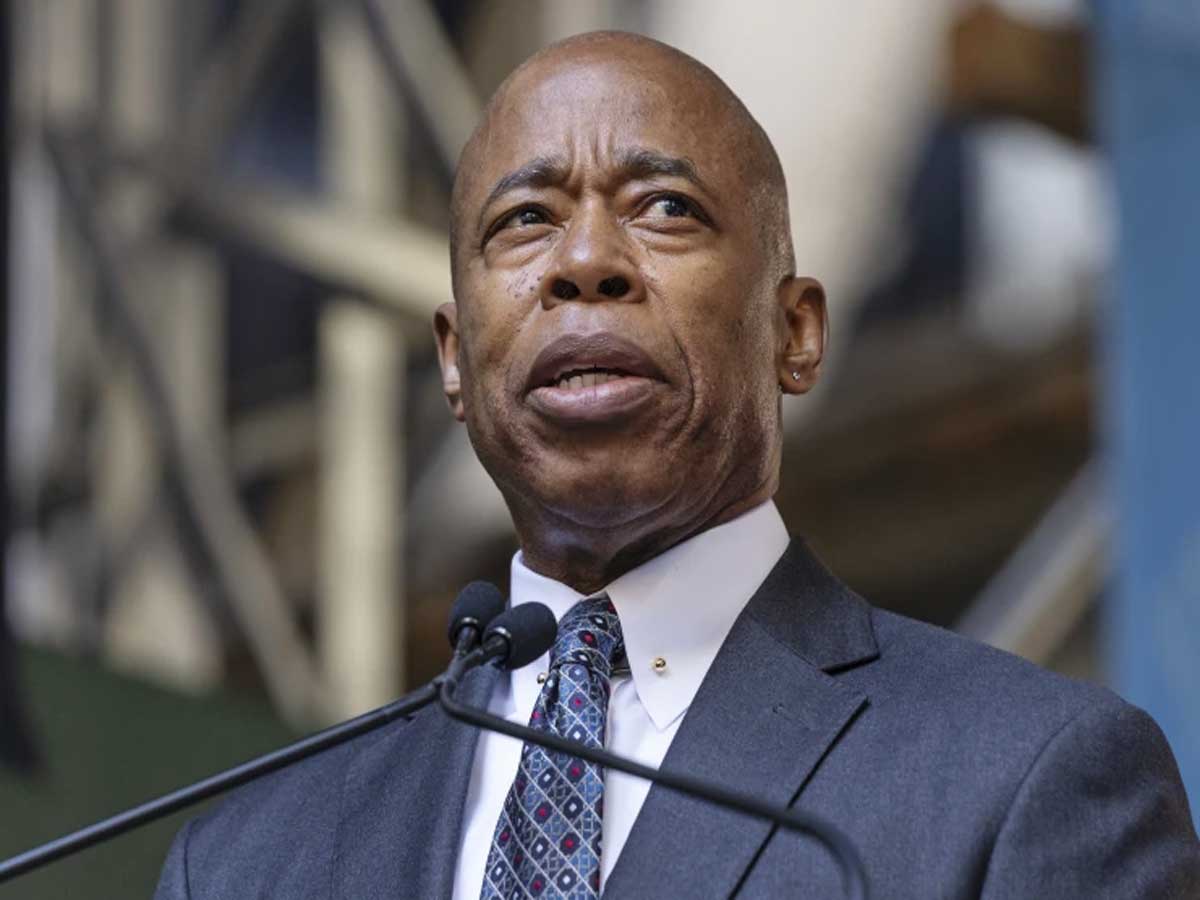New York City is about to change forever with the power of AI. We recently talked about the Artificial Intelligence Bill of Rights Affects Us. Led by Mayor Eric Adams, the city is focusing on a path into an AI-powered future.
They planned to basically redefine urban governance for the digital age. Central to this vision is Matthew Fraser, appointed in January 2022 as the city’s chief technology officer.
The 51-page AI action plan lays out a complete strategy where the AI Steering Committee, composed of various city agency stakeholders, takes the helm. This plan touches every corner of city life – from public health to education to cybersecurity.


Artificial Intelligence in Action: Transforming City Services
The MyCity Chatbot is a digital assistant providing AI-generated answers to New Yorkers, simplifying everything from starting a business to navigating city services. Meanwhile, AI tools across NYC agencies are changing how the city functions.
This is pretty good. Even America as a whole nation failed to pass the AI bill. NYC steps up. They are planning to bring these new technologies to their public health and education sections as well.


These new methods are enhanced with artificial intelligence learning experiences in classrooms, making education more interactive and personalized.
Cybersecurity is another arena where NYC is planning to improve. The New York City Cyber Command already handles billions of cyber threats weekly, but with the help of intelligent cyber security technology, it filters these down, allowing humans to focus on the most critical incidents.
If you already run a business, as a businesses in new york city in New York, these new technologies will also help you grow your business.
Ethics, Bias, and Public Engagement


If you are a Marvel Universe fan, you’ll know this quote: “Great power comes great responsibility.” The NYC government is aware of AI’s ethical implications, particularly algorithmic bias, misinformation, and privacy concerns. They believe public engagement and listening to civil rights groups are key to creating a balanced AI policy.
Building a fully Ethical AI is not that easy. All artificial intelligence programs use technologies like machine learning and deep learning. To train an Intelligent program, you need massive data amounts. But you gather data from humans, and humans almost all the time are biased towards some beliefs. So will the AI.
The city is discussing an AI Risk Assessment and Project Review Process. This process will be crucial in addressing bias and discrimination, ensuring AI serves all New Yorkers fairly.
Personally, I think this will be the best option to avoid so many complications after these technologies fill up and work.


NYC’s tech agencies have been restructured, and creating a responsive governance model is an important step. This new structure will help city agencies with AI tools while protecting against potential risks.
A Model for Other Cities: Lessons from NYC
Looking ahead, if these steps work as they hope, New York City’s governance is only set to grow. The city’s approach serves as a blueprint for others to follow. And already, 60 countries have their own policies about artificial intelligence. New York City’s journey offers valuable lessons for other local governments eyeing AI.
2023, the City of New York, under the Mayor Adams administration, is poised to make history with its Artificial Intelligence Action Plan. This groundbreaking initiative, championed by Mayor Eric Adams and orchestrated by Chief Technology Officer Matthew Fraser, is a first of its kind.
It’s not just about deploying AI chatbots and tools; it’s about integrating artificial intelligence into the fabric of city governance. The AI chatbot MyCity is a shining example, set to redefine how New Yorkers interact with their city government and city agencies.


The commitment to use AI is a game-changer for business owners and small businesses, offering innovative solutions and support. But it’s not without its challenges.
The plan acknowledges and aims to address the associated risks, particularly bias and discrimination, ensuring that the use of AI is as equitable as it is effective.
With this plan expected to be completed within the next year, the city of New York stands at the forefront of an AI revolution, setting a precedent for how technology can enhance city life while carefully navigating its complexities.


